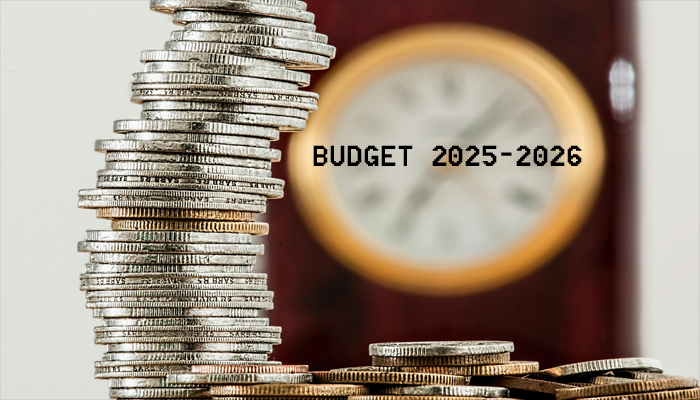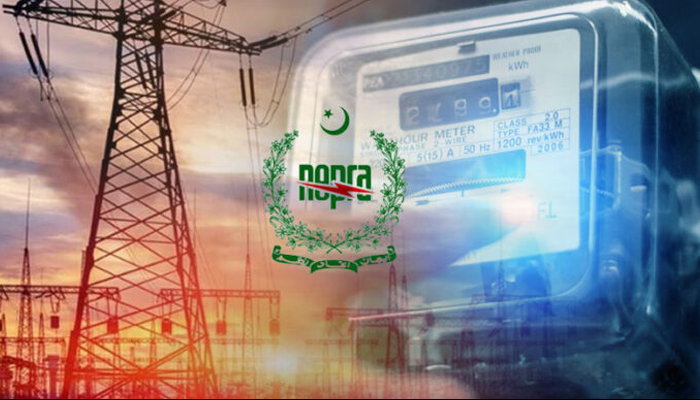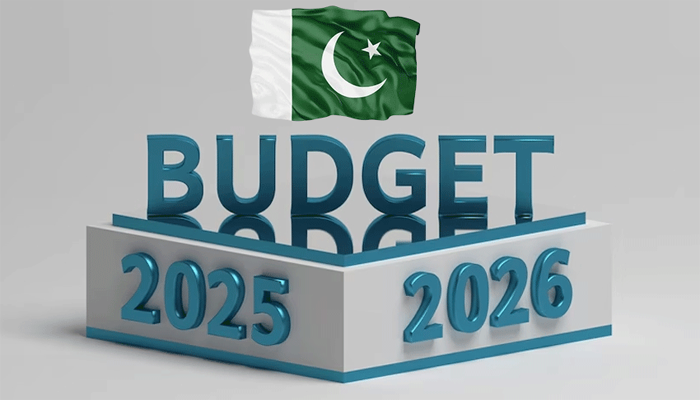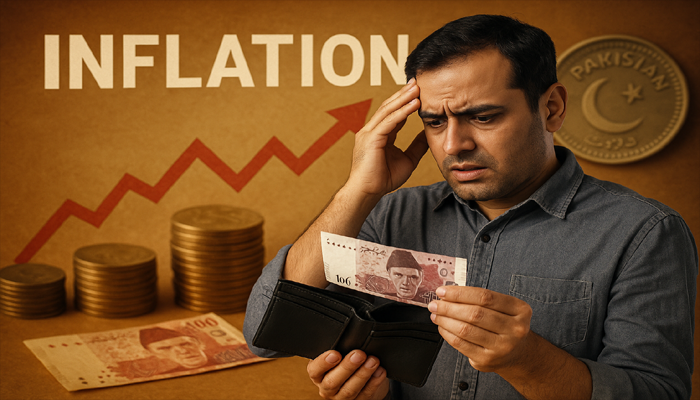ISLAMABAD: The federal government has set a GDP growth target of 4.2% for the fiscal year 2025–26, reflecting cautious optimism amid ongoing domestic and global economic challenges, a private news channel reported, citing official sources.
The new targets, forming the macroeconomic framework for the upcoming budget, aim to rein in inflation at 7.5%, while promoting key productive sectors, especially agriculture and industry, to stimulate broad-based growth.
Agriculture to Lead Growth Drive
The agriculture sector is expected to be a major contributor, with a targeted growth of 4.5%. Within this, major crops are projected to expand by 6.7%, and cotton production is set to grow by 7%—a key focus area for both textile exports and rural employment.
Other sub-sectors within agriculture also have ambitious targets:
-
Livestock: 4.2%
-
Forestry: 3.5%
-
Fisheries: 3%
These figures reflect renewed policy focus on food security, export potential, and climate-resilient agriculture.
Industrial Sector Sees Balanced Growth Outlook
The industrial sector is projected to grow at 4.3%, with:
-
Large-scale manufacturing: 3.5%
-
Small-scale industries: a robust 8.9% expansion
-
Mining and quarrying: 3%
-
Construction: 3.8%
-
Electricity, gas, and water supply: 3.5%
The government is banking on easing energy shortages, improved investor confidence, and policy continuity to revive industrial performance.
Services Sector to Maintain Momentum
Pakistan’s dominant services sector is expected to grow by 4% in FY2025–26. Sub-sector targets include:
-
Wholesale and retail trade: 3.9%
-
Transport and communications: 3.4%
-
Hospitality and food services: 4.1%
-
Information and communication: 5%
-
Financial services: 5%
-
Real estate: 4.2%
-
Public administration: 3%
-
Education: 4.5%
-
Health services: 4%
These projections suggest steady growth in urban employment and consumption-related segments, supported by expected stability in inflation and interest rates.
Investment and Savings Outlook
The total investment-to-GDP ratio has been proposed at 14.7%, with:
-
Public investment: 3.2%
-
Private investment: 9.8%
-
National savings: projected at 14.3% of GDP
While still below regional benchmarks, the government aims to improve these figures through reforms, public-private partnerships, and international financial support.
The budget for FY2025–26, to be presented later this month, is expected to reflect a blend of fiscal consolidation and sectoral support, with an eye on stabilisation under the IMF programme and economic recovery.









